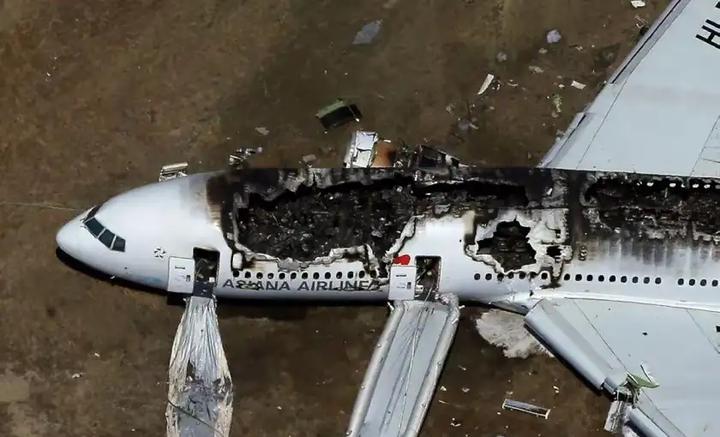Korean Air Safety Crisis and Economic Impact
A fatal crash of a Jeju Air flight at Gimhae Airport has triggered mass cancellations of travel plans to South Korea, dealing a severe blow to its tourism industry and broader economy already strained by political instability.

The recent aircraft disaster in South Korea has sent shockwaves through the nation’s aviation and tourism sectors, marking a critical turning point for the country’s economy. The incident, which occurred on December 29 at Gimhae Airport in South Korea, resulted in 179 fatalities when a Jeju Air flight crashed during landing.
The immediate impact on South Korea’s tourism industry has been severe. Within 24 hours of the crash, one travel agency reported over 40 cancellations, escalating to 500 by the next morning. Travel agencies across the country have suspended their advertising campaigns, and consumers are canceling flight bookings en masse, particularly with low-cost carriers like Jeju Air.
The timing of this disaster has been particularly unfortunate for South Korea’s economy. The country was already grappling with significant challenges, including sluggish consumer spending and weakening exports. The Korean won had recently hit historic lows against the US dollar, reaching 1,480 won per dollar - levels not seen since March 2009. Foreign investors had withdrawn approximately 34 trillion won (equivalent to 16.8 billion yuan) from the Korean main board market between December 4 and December 27.
The aviation disaster’s ripple effects extend beyond tourism. The incident has impacted related industries such as hospitality, food service, and transportation. Hotels are experiencing cancellations, restaurants are seeing fewer international customers, and transportation services are reporting reduced demand. South Korea’s beauty industry, a significant draw for international tourists, is also feeling the impact.
Looking at the broader economic context, tourism represents a crucial sector for South Korea’s economy. The World Travel and Tourism Council had projected the industry would contribute 4.3% to South Korea’s GDP in 2024, up from 3.8% in 2023. These projections now appear uncertain given the current crisis.
For cities heavily dependent on tourism revenue, particularly Busan and Seoul, the economic impact is expected to be substantial. The situation is compounded by the fact that South Korean travelers, who often prefer international destinations due to limited domestic tourism options, are now showing increased reluctance to fly.
The incident raises serious questions about aviation safety standards in South Korea. Over the past decade, Korean-registered aircraft have been involved in 67 accidents resulting in 59 fatalities. Most concerning is that over half of these incidents were attributed to pilot error, suggesting potential issues with training and safety protocols.
The crisis presents a significant test for newly appointed President Choi Sang-moo. His administration’s handling of this disaster could either help stabilize the domestic political situation or potentially trigger a deeper crisis of confidence. The fundamental challenge facing South Korea’s economic development remains its unstable political landscape - only with political stability can meaningful economic progress be achieved.